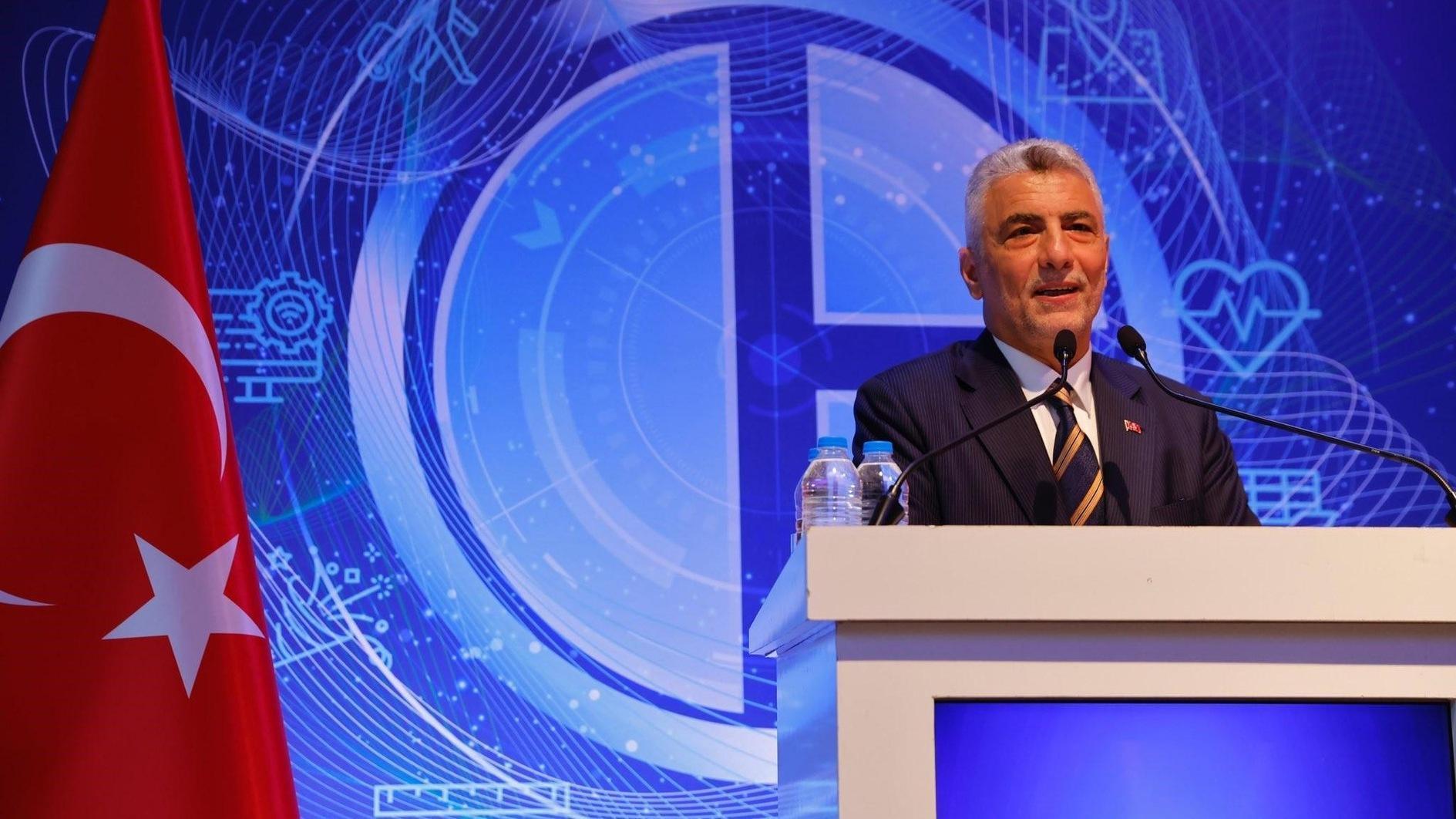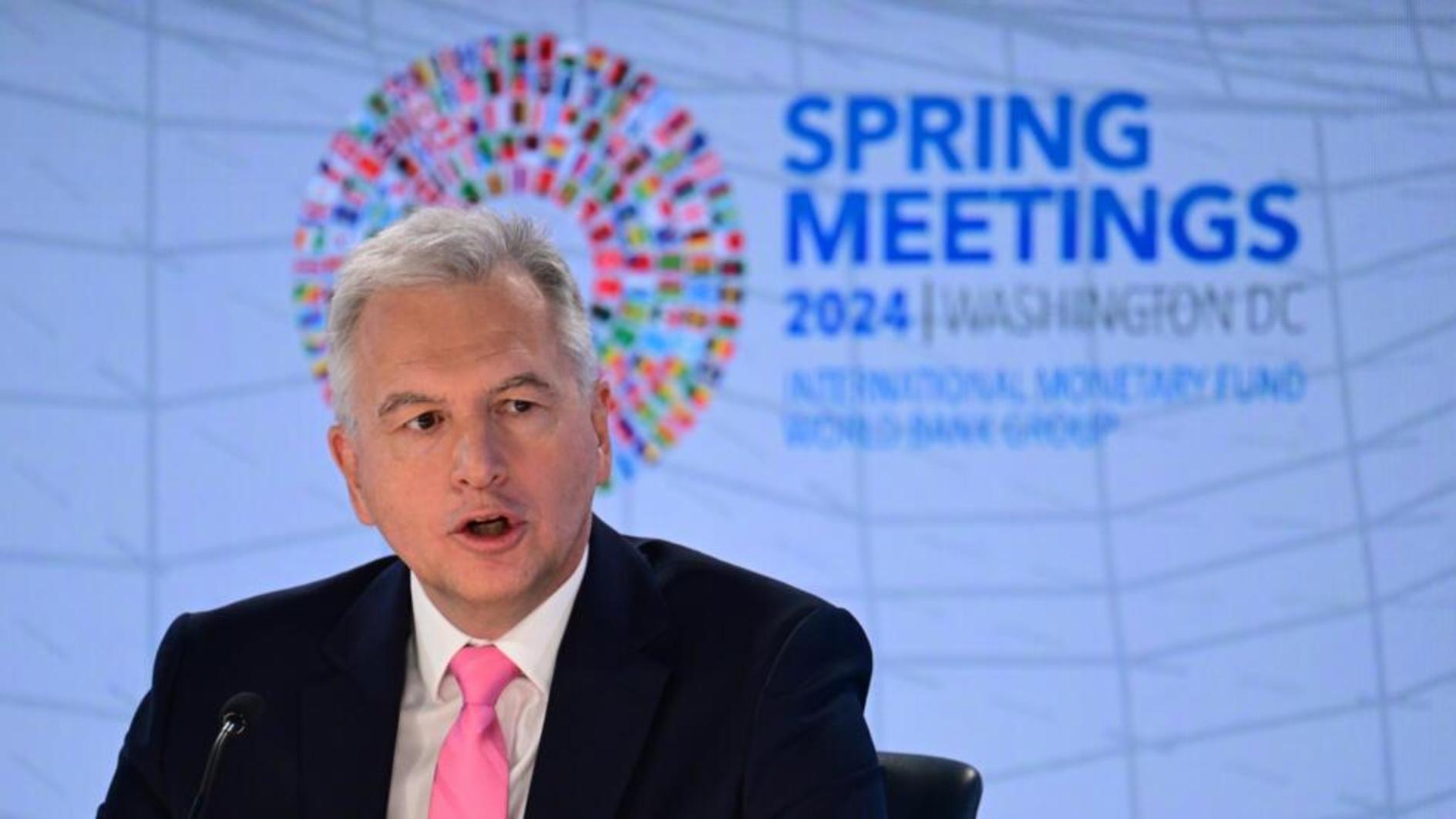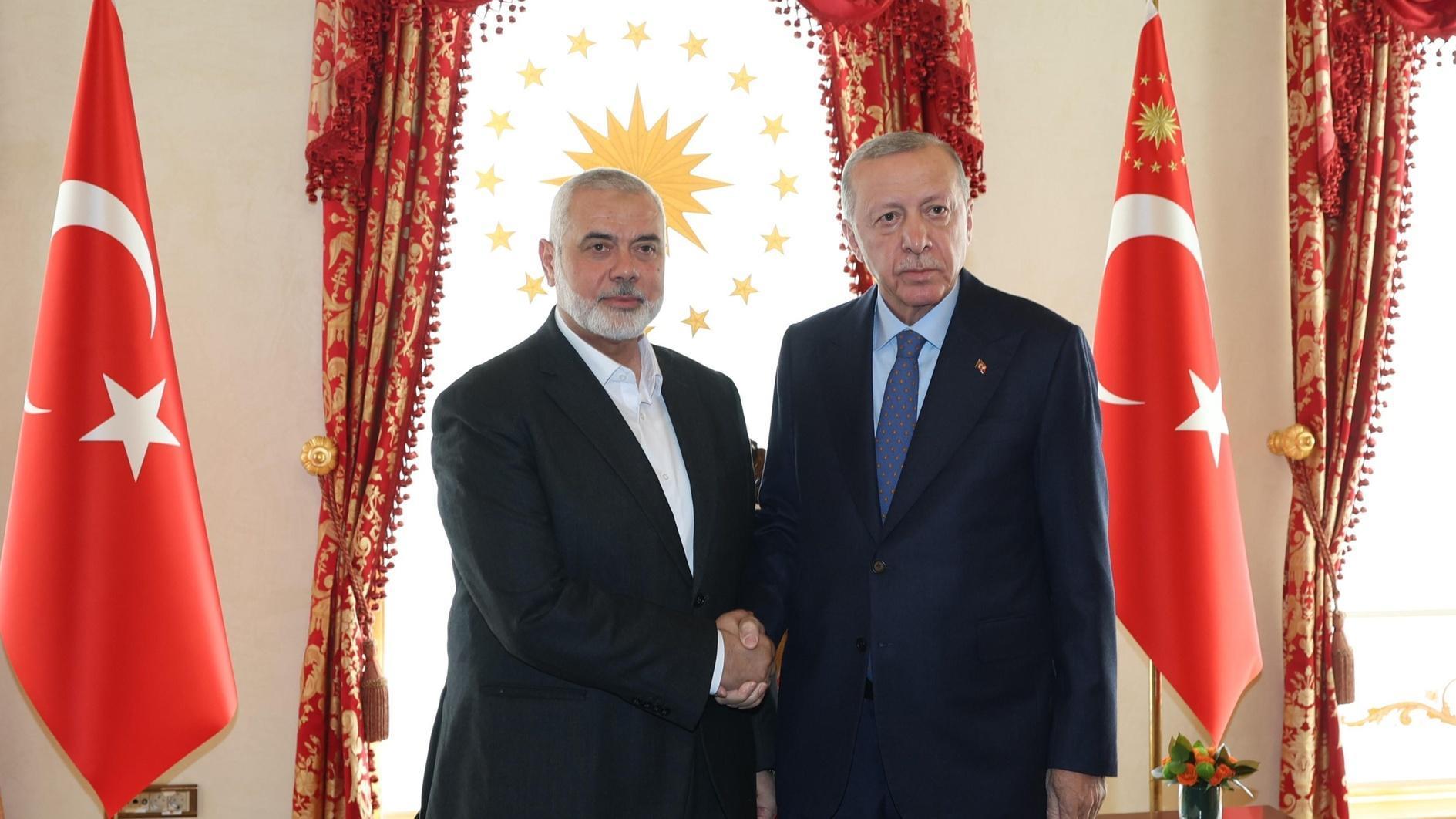Markets won’t react much to current political crises
The reaction of markets to political developments may not always be alike. One of the important reasons of this is that there are more powerful effects. It is estimated that the reaction of the markets to the increasingly harsh political debates will not be strong this time.
The most important factor determining market movements is still the weakness in the production and inflation data in developed countries, primarily the U.S. More precisely, it depends on whether or not its central bank, the Fed, will start rate hikes in a determined way.
For the past couple of months, because of the dovish stance of the Fed, there was a “spring” in developing countries like ours. Besides the delay in the recovery of production, weak economic data in China and the EU postponing the Fed rate hikes for the sake of global stability. The most recent factor, a Brexit vote in the U.K. at the end of June, economic pundits are certain that the Fed will not hike rates at that month’s meeting either. For this reason, it is estimated that the spring air will continue at least two more months in the markets.
This atmosphere in global markets is the most important reason why markets did not react to domestic political developments. As one bank executive said, even though it has weakened a bit, the short-term capital inflow from abroad is continuing and because it is expected to continue for two more months, domestic politics are not an issue.
If you’re wondering whether foreigners have started trusting Turkey, I have not met anybody to answer this question affirmatively. Bank executives are saying that foreigners are viewing Turkey neutrally; because of the last political developments, there is some timidity but they continue to come because they want to earn from Turkey.
For two months
I reminded bank executives that the tension was rising due to the lifting of immunities, internal clashes within the ruling Justice and Development Party (AKP) were surfacing, the fact the prime minister might be forced to quit and that, despite all the political tension, President Erdoğan was still insistent on the presidential system. I asked them on the probable effects of these issues on the markets.
The widespread opinion in the markets is that President Erdoğan will win all possible future fights; this has been the situation for some time. This opinion affects moves and even if the political developments reach a crisis level, the trend is not to pay too much attention.
Indeed, the real reason is the global conjuncture. If the global climate was bad, you could be sure that markets would have perceived the political developments, even exaggerated it, and would have bought that news. However, since local banks, like everybody else, see the “opportunity for profit,” they do not want to buy the bad news. However, this is what they all say at the same time: This climate will go on for two more months; after that, it is certain that things will change. In other words, they are getting prepared to change positions according to the new











